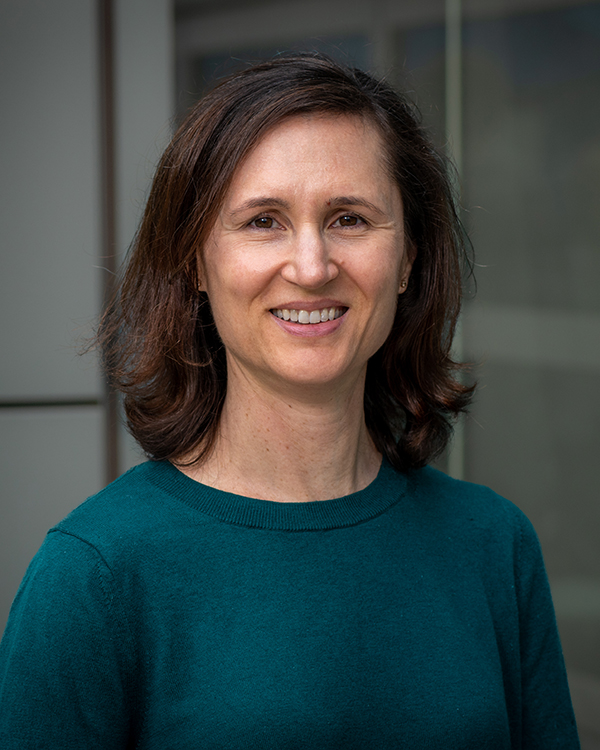Thursday, March 28, 2024 at 2PM ET/1PM CT/12PM MT/11AM PT
Message help@carcc.org for link to Zoom meeting.
Join us for a presentation by Katie Antypas, office director in the National Science Foundation (NSF) Office of Advanced Cyberinfrastructure about the recently announced National Artificial Intelligence Research Resource (NAIRR) pilot project. NAIRR envisions “a shared national research infrastructure for responsible discovery and innovation in AI.” The effort is led by the NSF and includes 10 additional federal agencies and 25 non-governmental partner organizations. The pilot assembles and provides access to technologies and tools to enable U.S. research and education including: computational, data, software, modeling, and user support resources. NAIRR “aims to ensure that AI resources and tools are accessible to the broad research and education communities in a manner that advances trustworthy AI and protects privacy, civil rights and civil liberties.”

Katie Antypas, Office Director, National Science Foundation (NSF) Office of Advanced Cyberinfrastructure
Prior to her role at the NSF, Antypas served at the National Energy Research Scientific Computing (NERSC) Center at Lawrence Berkeley National Laboratory for 17 years in a variety of roles including NERSC Division Deputy, Project Director for NERSC’s large scale High Performance Computing system acquisitions, Director of Hardware and Integration of the Exascale Computing Project, Data Department Head and User Services Group Lead. She remains a Berkeley Lab employee but is on assignment to the NSF through the Intergovernmental Personnel Act. Before coming to NERSC in 2006, Katie worked at the Flash Center at the University of Chicago on the FLASH code, a highly scalable, parallel, adaptive mesh refinement astrophysics application. She has an M.S. in Computer Science from the University of Chicago and a bachelors in Physics from Wellesley College.

